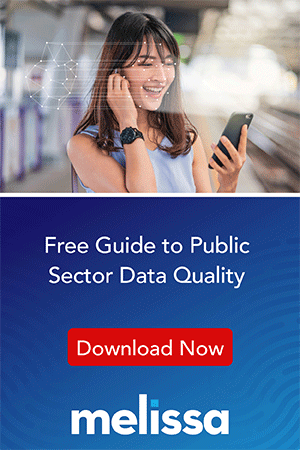WiredGov Newswire (news from other organisations)
|
|
LGA - Don’t be fooled by new scams, councils say
The Local Government Association, which represents councils across England and Wales is warning residents to be aware of new scams and remind themselves of tell-tale signs that you may have been contacted by a scammer.
The pandemic saw a sharp increase in scams which included promises of a payment from HMRC to support individuals during the lockdown or offers of a vaccination booking for a fee.
However, councils are now warning that criminals are cold calling residents asking for bank details in order for them to receive the Government’s £150 energy rebate.
The Government announced the extra support earlier this year, amid the rising cost of energy bills, with payments being administered by local authorities for all households in council tax bands A to D.
Residents are being reminded that councils will not ask for bank details over the phone. All households who pay council tax by direct debit will receive the payment directly into their bank account and anyone who does not pay their council tax by direct debit will be sent a letter with details of how to claim.
Anyone who unexpectedly receives a text, email or phone call seeking information or payment should refrain from giving out personal information, including bank details, clicking any links or responding until they can be sure it is genuine. If in doubt, find the correct contact details online of the organisation claiming to be in contact and check with them directly.
Other tell-tale signs that something could be a scam include:
- It seems too good to be true – a discount or offer much better than you’d expect
- Spelling or grammar errors; strange punctuation and lots of capital letters can be signs that a message is fraudulent.
- You’ve been asked to do something quickly or have missed a deadline and could be punished
Cllr Mohan Iyengar, Vice-Chair of the LGA’s Safer and Stronger Communities Board, said:
“Councils are working hard to ensure eligible residents receive their energy rebate payments as soon as possible, however criminals are becoming increasingly sophisticated in their attempts to take advantage of the financial worries people are facing and as a result many of these scams look legitimate on first impression.
“Anyone can fall victim to a scam, and we urge people of all ages to brush up on the tell-tale signs, and the support available to those who need it.
“If you get sent a message that you believe to be fraudulent, you can report it to your mobile phone provider or by forwarding the message to 7726, a free reporting service provided by phone operators. You should also report the scam to Action Fraud to help others avoid falling victim in the future.”
Notes
- Citizen’s Advice - One in three Brits targeted by a scammer so far during lockdown
- ONE YEAR SINCE LOCKDOWN: Fighting fraud during the pandemic
- Energy rebate – Residents can also sign up to pay by direct debit via their council’s website or by telephoning the customer services team, who can assist customers in completing the form.
- You can report scams by contacting Action Fraud on 0300 123 2040 and for support contact Citizens Advice on 0808 223 1133
- Scams may also come in the form of rogue traders, bogus traders and distraction burglary. National Trading Standards has launched Friends Against Scams, which aims to raise awareness and protect people from becoming victims of scams.


